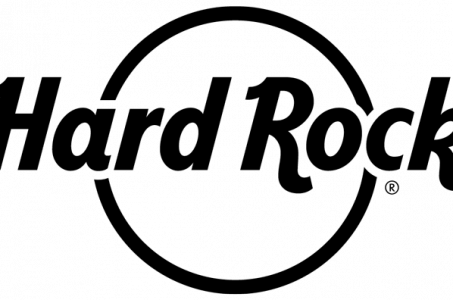March is Problem Gambling Awareness Month, Timed To NCAA Basketball Tourney
Posted on: March 1, 2021, 02:13h.
Last updated on: March 1, 2021, 03:34h.
The National Council on Problem Gambling (NCPG) designates March as its Problem Gambling Awareness Month. But unlike other annual observances, March is no celebration. Instead, it is a warning to those who are at risk of developing gambling addictions.

The NCPG chose March for its Problem Awareness Month because it includes the ever-popular NCAA Division I Men’s Basketball Tournament — better known as “March Madness.” The tournament results in an abundance of nail-biting moments and buzzer-beater heroics, but also plenty of nerve-racking moments for the tens of millions of Americans who bet on the tournament.
The NCPG says March Madness is primed to lure in new bettors, and potentially deliver harm.
March Madness is a time of year when we see an increase in gambling and more demand for our services,” said Keith Whyte, NCPG executive director. “Too many people still don’t recognize they are exhibiting signs of this addictive behavior and are unaware of the help that is available to them.”
Founded in 1972, the NCPG is neither for nor against legalized gambling. The council’s mission is to make sure programs and treatment services are available to problem gamblers and addicts. The nonprofit operates the National Problem Gambling Helpline Network (1-800-522-4700).
Pandemic Problems
COVID-19 kept Americans at home throughout much of 2020. Remote work and stay-at-home orders led to many searching for some form of entertainment on the internet. Online casinos saw a fury of increased play and flourished during the pandemic.
In the 2020 fiscal year, online gross gaming revenue (GGR) in Pennsylvania surged to $565.7 million. In New Jersey, iGaming operators said 2020 revenue more than doubled to $970.3 million.
Online slot machines and table games were only legal in four states during 2020. New Jersey, Pennsylvania, and Delaware. Michigan joined them this year.
Unfortunately for the unknown number of Americans who gambled on an unregulated, offshore casino site last year, problem gambling protections and resources are much less available.
Legal gambling markets, unlike offshore sites, are highly regulated and must adhere to numerous player protection statutes. Examples include offering customers gambling limits, encouraging responsible play, and self-exclusion lists.
Casino.org Helps
At the onset of the COVID-19 pandemic, Casino.org issued a message to site readers encouraging them to play responsibly.
For those who now find themselves at home, alone, bored, and online, you might be looking for ways to keep yourself busy and entertained. Casino.org always promotes responsible gambling, no matter what, but especially in our current situation,” said Casino.org’s David Sheldon.
Casino.org offers recommendations for a slew of free online casino games where real money is not staked. The world’s leading online gaming authority additionally reviews and rates iGaming sites to promote safe, secure, and fair play.
Related News Articles
888-Rank Ditches Pursuit of William Hill
Hard Rock Atlantic City Signs Partnership with GiG for Future Online Casino
Pennsylvania, New Jersey Gaming Industries Begin 2023 Strong, as Revenues Surge
Most Popular
Genovese Capo Sentenced for Illegal Gambling on Long Island
NBA Referees Expose Sports Betting Abuse Following Steve Kerr Meltdown
UPDATE: Former Resorts World & MGM Grand Prez Loses Gaming License
VEGAS MYTHS RE-BUSTED: The Traveling Welcome to Las Vegas Sign
Most Commented
-
UPDATE: Whiskey Pete’s Casino Near Las Vegas Closes
— December 20, 2024 — 33 Comments -
Caesars Virginia in Danville Now Accepting Hotel Room Reservations
— November 27, 2024 — 9 Comments -
UPDATE: Former Resorts World & MGM Grand Prez Loses Gaming License
— December 19, 2024 — 8 Comments -
FTC: Casino Resort Fees Must Be Included in Upfront Hotel Rates
— December 17, 2024 — 7 Comments
















No comments yet